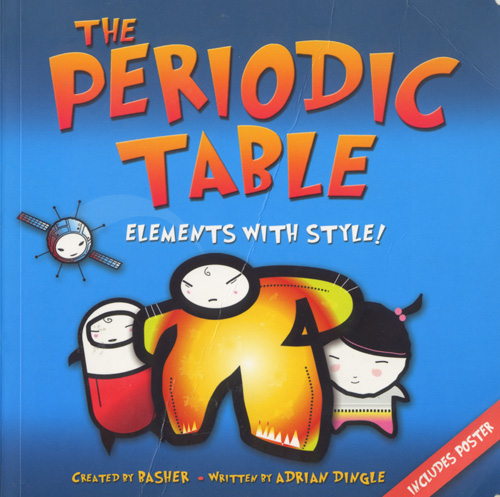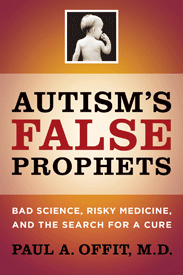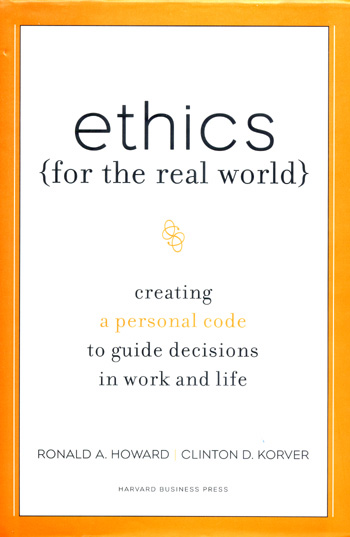In the post where I reviewed it, I promised I’d have more to say about Unscientific America: How Scientific Illiteracy Threatens Our Future. As it turns out, I have a lot more to say — so much that I’m breaking it up into three posts so I can keep my trains of thought from colliding. I’m going to start here with a post about the public’s end of the scientist-public communication project. Next, I’ll respond to some of the claims the book seems to be making about the new media landscape (including the blogosphere). Finally, I’ll take up the much discussed issue of the book’s treatment of the science-religion culture wars.
Never fear, I’ll intersperse these posts with some that have nothing to do with the book, or the framing wars. Also, there will be new sprog art.
One of the tensions I noticed within Unscientific America has to do with who bears responsibility for the American public’s disengagement with science. Do we blame scientists who have been so immersed in doing science that they haven’t made much conscious effort to communicate with members of society at large? Wretched science teachers? The American people themselves for being too dumb or lazy or easily distracted to “get” science and why they should care?








